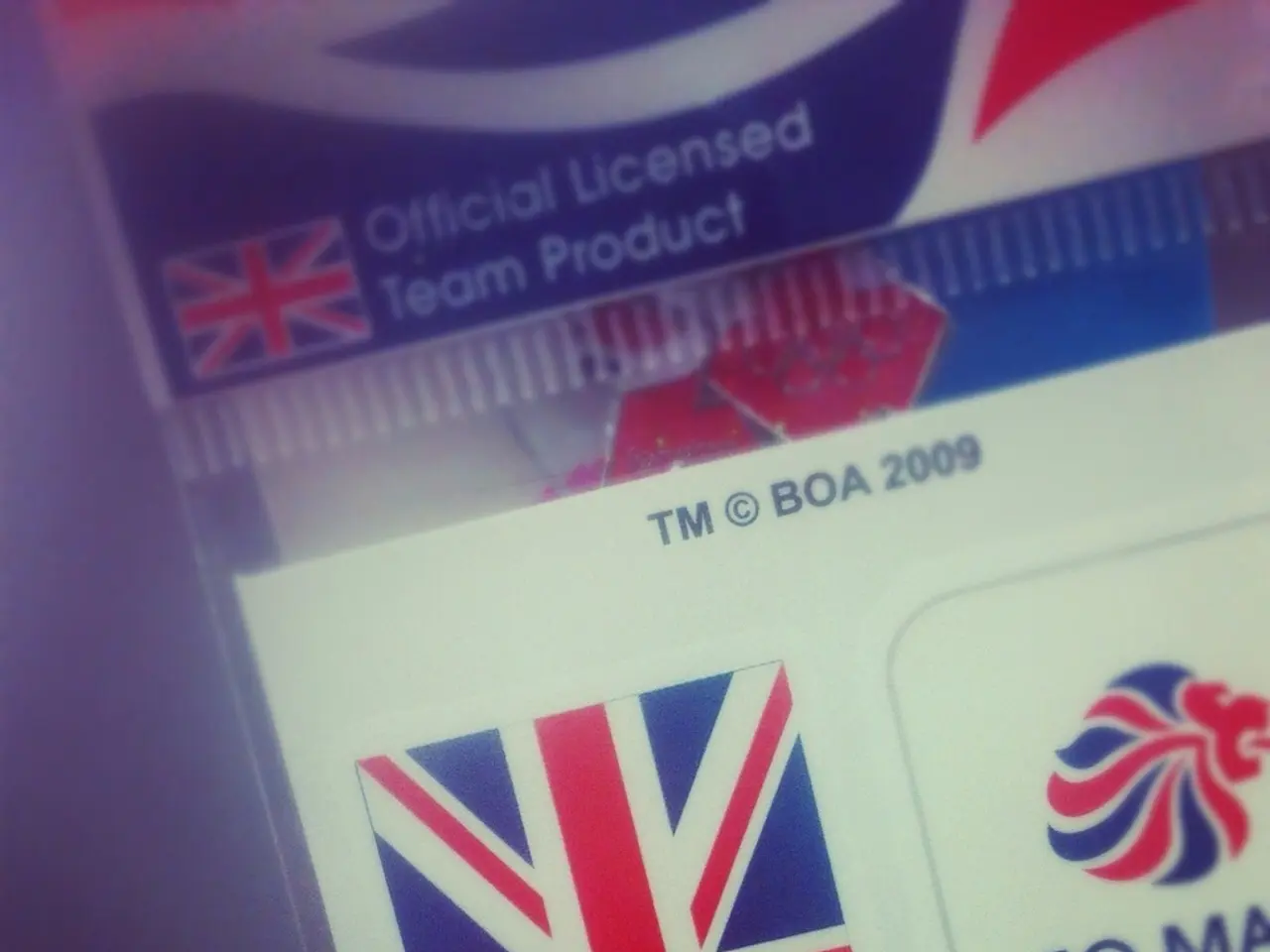Enhanced Measures in Proposed RESTRICT Act May Offer a Balanced Response to Potential Dangers from Overseas Mobile Applications
The RESTRICT Act, a bipartisan bill introduced to mitigate risks to U.S. national security and critical infrastructure, primarily targeting technology products and services from foreign adversaries, has been making headlines. The bill, sponsored by Senators Mark Warner (D-VA) and John Thune (R-SD), and endorsed by the Biden administration, has been under scrutiny regarding due process and transparency of its enforcement provisions.
The RESTRICT Act empowers the Secretary of Commerce to identify and address threats posed by information and communication technology products with connections to foreign adversaries, including China, Cuba, Iran, North Korea, Russia, and Venezuela. One of the key aspects of the Act is the streamlined process it provides for identifying and mitigating these threats, particularly those products used in critical infrastructure, telecommunications, or technologies with national security implications.
However, the Act lacks guidelines for establishing a national security risk threshold and does not include an appeals process for affected companies subjected to restrictions. Decisions made by the Secretary of Commerce about foreign products are excluded from normal judicial oversight in the bill. To ensure a fair and transparent process, proposed changes have often included clearer criteria and procedures for investigations and restrictions, enhanced opportunities for companies to respond or appeal decisions, and oversight mechanisms involving both executive and legislative branches.
The RESTRICT Act aims to provide improved transparency about the risks posed by foreign products and services. It directs the Secretary of Commerce to coordinate with the Director of National Intelligence to provide declassified information to the American public about the review process, both for products permitted and denied. The Act is designed to be a fair process that other countries could model.
The use of the RESTRICT Act to address security risks, such as those posed by the popular app TikTok, could involve a forced sale of ByteDance's stake in its U.S. app. It is likely that TikTok will face restrictions in the United States. The passage of legislation addressing security risks from multiple apps is encouraged.
For the most up-to-date status of the RESTRICT Act and details about any proposed amendments for fairness and transparency, checking the official congressional records or recent news sources would be recommended. It is possible that the bill has not advanced significantly in 2025 or that discussions are ongoing without major public updates. Mitigation tactics under the RESTRICT Act may include divestiture or an outright ban. The Act establishes a concrete evidentiary standard for proving security risks, but no evidentiary standard is provided for blocking apps without actual evidence of a national security threat. Due process is essential to avoid overreach by an administration and the politicization of bans.
- The RESTRICT Act, aimed at addressing national security risks posed by foreign technology products, lacks an appeals process for companies subjected to restrictions, fueling concerns about due process and transparency.
- Proposed changes for the RESTRICT Act emphasize clearer criteria and procedures for investigations and restrictions, enhanced opportunities for companies to respond or appeal decisions, and oversight mechanisms involving both executive and legislative branches.
- The RESTRICT Act, which could potentially force the sale of ByteDance's stake in TikTok due to security risks, underscores the importance of clear data privacy and AI policies in policy-and-legislation, with politics and general news playing a significant role in shaping public understanding and debate surrounding this legislation.







